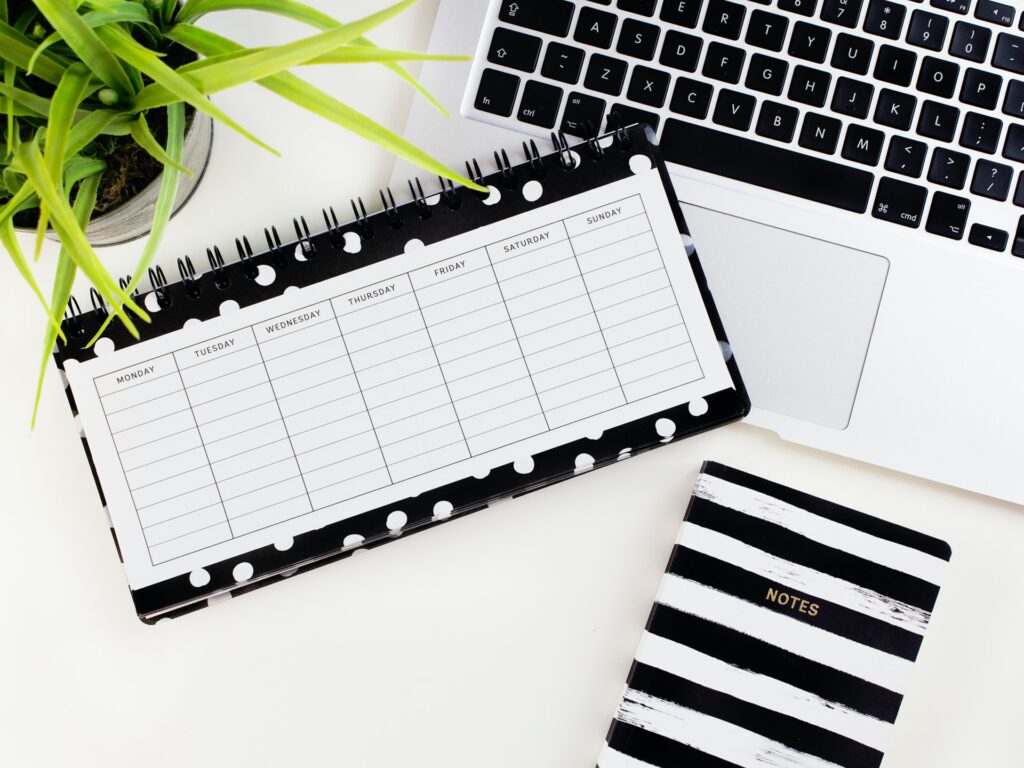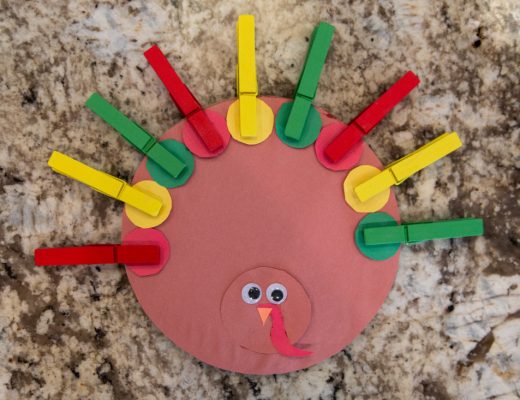
After 2020, we believe everyone deserves a fresh start! New Year’s resolutions are a wonderful way to do that. However, with all of the challenges last year brought, we think it might be best to start slowly this year. Don’t pressure yourself into making difficult-to-reach goals that might end in disappointment. Instead, make your goals simple, achievable, and realistic. Because, let’s be honest, we all deserve a win in 2021.
In this post, we hope to give you some inspiration on creating attainable resolutions. We want to focus on three main areas: exercise, food, and finance. For each category, we’ll go over 3 levels of difficulty (beginner, intermediate, and pro) to help you find where you’re at and what your goals should look like. Let’s get started!

Exercise
When making a resolution, one of the first things people tend to think of is exercise. However, this can be a difficult goal to jump right into, especially if you don’t already live an active lifestyle. Rather than starting with a rigid workout routine, try adding in a little activity at a time!
Beginner:
For beginners, we suggest picking at least one day a week to do a simple physical activity. This could be going for a walk with your family, taking a short bike ride, or finding an easy hike.
Intermediate:
If you already regularly participate in light exercise (or you’re getting comfortable with your beginner level goal), amp up your activity just a little more! Increase the number of days you exercise each week from 1 to 2, or try jogging instead of walking.
Pro:
Once you feel ready to take on a harder challenge, we suggest trying out a stricter workout routine! You can do this by joining a gym or following an at-home workout program. This post from Simple Holistic Girl outlines an 8-week at-home program, no equipment needed!

Food
Dieting is another popular resolution each year. However, we suggest starting with small, healthy changes to your diet rather than jumping into a restrictive meal plan.
Beginner:
If you’re new to dieting, begin by changing just one bad habit. If you drink a lot of soda, start drinking a lot of water instead. If you love sweets, try cutting out chocolate. Once you’ve mastered one good habit, move onto the next!
Intermediate:
After you’ve developed some good eating habits, try your hand at meal planning. Schedule out your meals a week at a time and make a corresponding grocery list. This is a great way to ensure you’re eating good, well-rounded meals. It also keeps you from eating out unnecessarily. Looking for some healthy meals to add to your schedule? Check out this blog post for three delicious recipes!
Pro:
Once you’re feeling comfortable with planning your meals, it’s time to get into a little food science! This article from Healthline gives basic information for beginners. Some of these concepts include cutting back on processed foods, focusing on portion control, and eating whole foods. Following these guidelines, you can greatly improve your diet!

Finance
Big financial goals can be tricky because, well, you need the finances to achieve them! It’s not always as simple as saying you’re going to save up “x” amount of dollars. We suggest you begin by reassessing your spending habits so you can gradually start saving!
Beginner:
A good first step to achieving bigger financial goals is to simply start keeping track of your money. Download a budget app or create an excel document, enter your expenses each day, and organize them into categories. Once you can see visualize where your money is going, it’s easier to make necessary changes!
Intermediate:
After you have a budget created, start cutting out unnecessary spending. This could mean eating out only one night a week or canceling a subscription service you no longer need.
Pro:
Once you’ve cut out some spending, you can turn that into a savings! For example, if you cancel a $10 subscription service, start putting away $10 each month instead. The more spending you cut out, the more your savings will grow. If you have room in your budget, you can also start putting away extra money, such as $5 a day.




No Comments